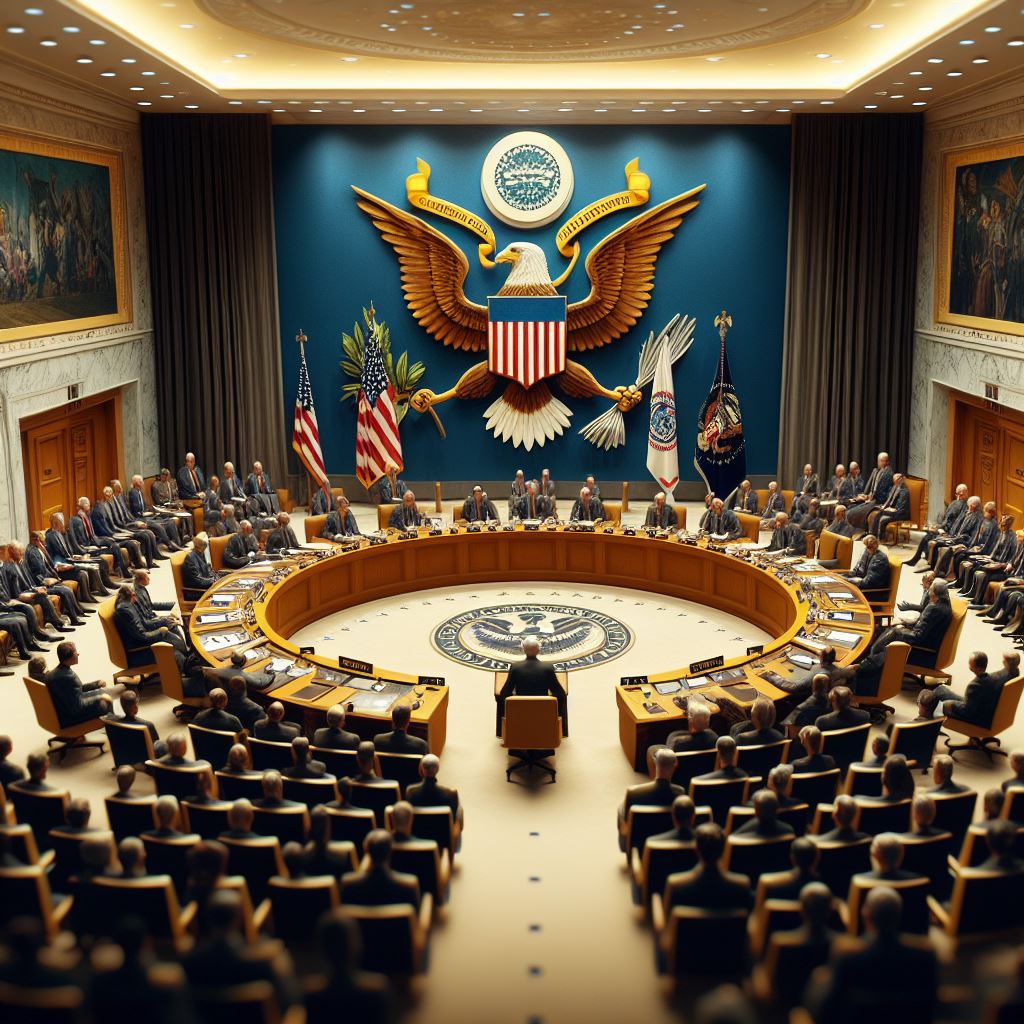In a recent social media post, Tesla and SpaceX CEO Elon Musk ignited a debate surrounding data privacy and AI access, alleging that Microsoft Corporation’s insistence on him creating an account for his new PC would grant the tech giant access to his computer. Musk’s outcry sheds light on broader concerns regarding the control and influence wielded by corporations over AI technology, particularly in light of his past remarks regarding OpenAI’s affiliation with Microsoft. This controversy underscores the ongoing debate surrounding data ownership and privacy in the digital era.
Elon Musk’s allegations and community response
Elon Musk’s latest altercation with Microsoft arose when he took to X, formerly known as Twitter, to voice his frustration over being compelled to create a Microsoft account to access his newly purchased PC laptop. Musk argued that this requirement also implied granting Microsoft’s AI access to his device, a prospect he deemed unacceptable. Notably, Musk pointed out that an alternative to signing in with a Microsoft account previously existed but seemed to have been removed.
His post garnered attention on the platform, receiving a Community Note, a feature endorsed by Musk himself to combat misinformation and disinformation. Yet, Musk lamented that the feature failed to address the issue adequately, as the option he referenced was no longer available. This sparked a wave of agreement from users, including prominent figures like tech YouTuber Lex Fridman, who emphasized the importance of freedom and choice in operating systems.
Elon Musk’s critique of Microsoft’s AI influence
Musk’s criticism of Microsoft’s AI policies is not without precedent. The tech mogul has long been vocal about his concerns regarding the relationship between OpenAI and Microsoft, particularly regarding AI development. Having co-founded OpenAI in 2015, Musk’s early involvement with the organization shaped his perspective on AI ethics and governance. Yet, he distanced himself from the venture in 2018, citing differences in approach. Despite his departure, Musk remains invested in the discourse surrounding AI, frequently expressing skepticism towards Microsoft’s involvement in OpenAI’s operations. In past interactions, Musk has questioned the extent of Microsoft’s influence over AI models like ChatGPT, alleging that the company exerts control over the technology due to its ownership of underlying infrastructure and data centers.
Microsoft’s response and ongoing concerns
In response to Musk’s allegations, Microsoft CEO Satya Nadella refuted any suggestion of undue influence over AI development, asserting that such claims were factually incorrect. However, Musk’s concerns persist, fueled by reports of potential data usage violations between Microsoft and Twitter, as highlighted by his attorney’s correspondence with the tech giant. As the debate continues, questions surrounding data privacy, AI governance, and corporate accountability remain unresolved. Musk’s latest clash with Microsoft underscores the complexities inherent in navigating the intersection of technology, ethics, and corporate interests.
Elon Musk’s recent dispute with Microsoft over the requirement to create an account for his new PC highlights broader concerns regarding data privacy and AI governance. As corporations like Microsoft continue to wield significant influence over AI development and deployment, questions surrounding data ownership and control persist. Musk’s criticisms serve as a reminder of the ongoing debate surrounding the ethical implications of AI technology and the need for greater transparency and accountability in its utilization. As we navigate the complexities of the digital age, the question remains: how can we ensure that technology serves the interests of society while safeguarding individual rights and freedoms?





